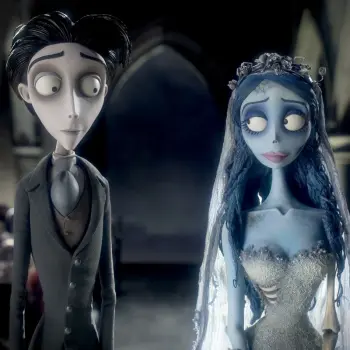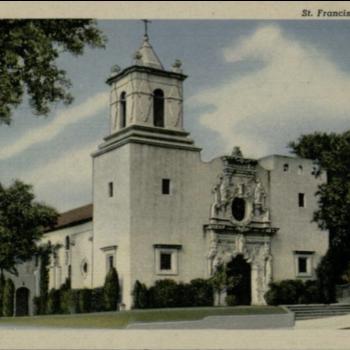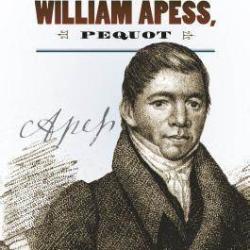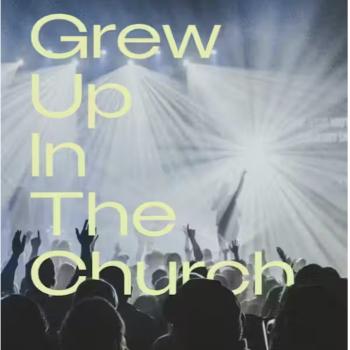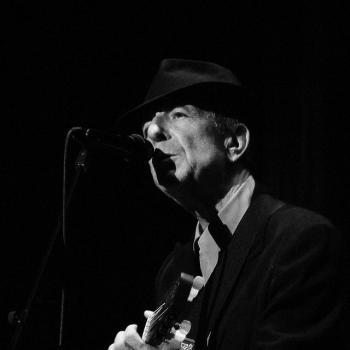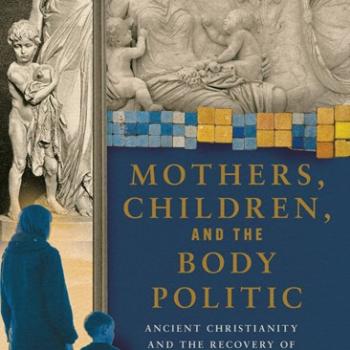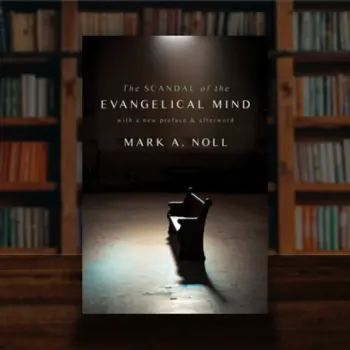Good society is generally certain there is something wrong with the mentality of evangelicals. We’re only weeks before an election that could see Donald Trump back into the Oval, but the verdict is already in on evangelicals. They think wrong and vote wrong. Should Trump win, left leaning outlets of the press will lay heft blame at the feet of evangelicals (though Trump also draws the Catholic vote by a slim majority) –lamenting that so many religious actors could fail... Read more


